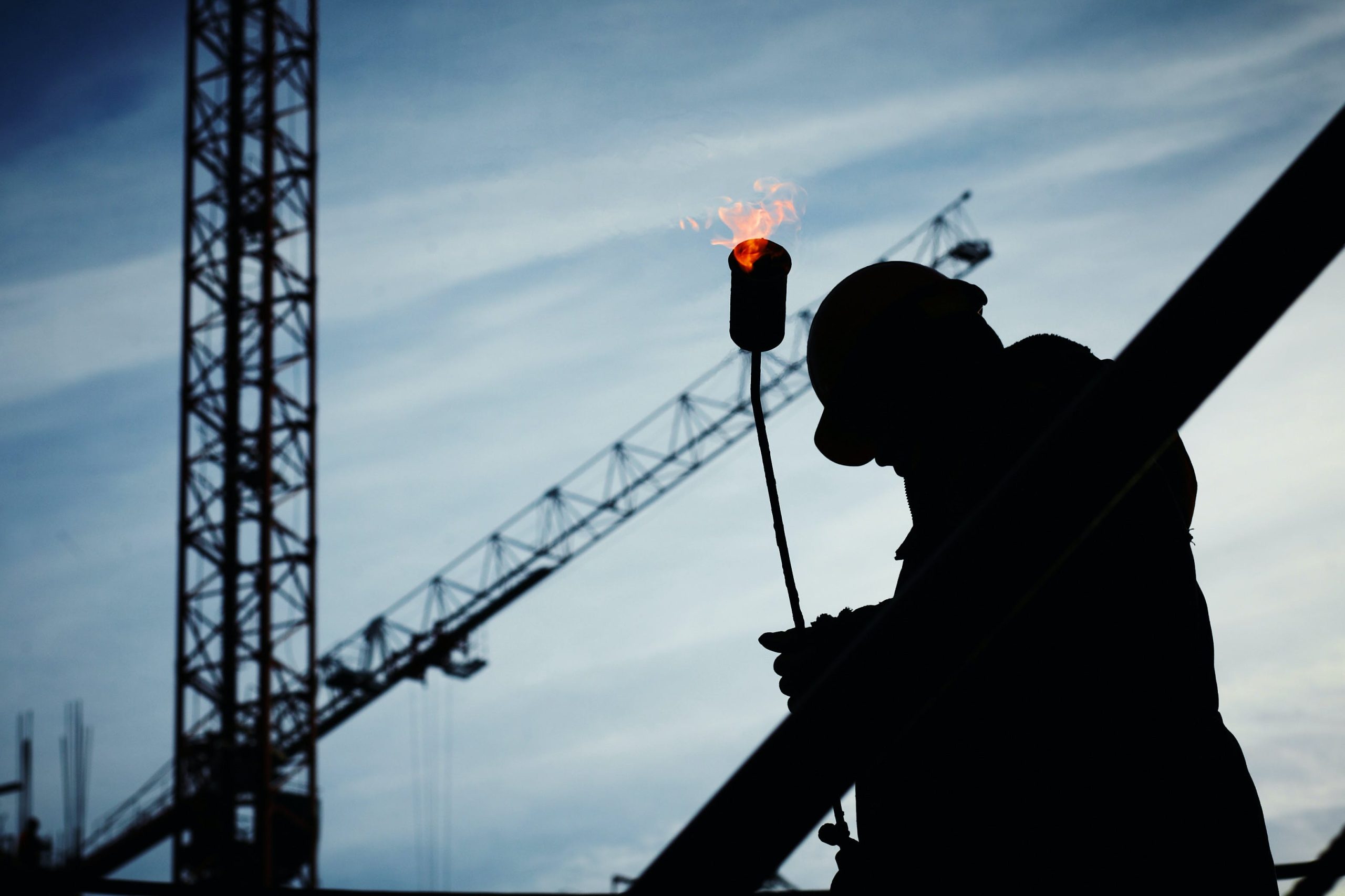
Construction industry professionals have forecasted a bounce back in 2024 as new opportunities emerge constantly, despite the slowing economy. There are no shortages of new opportunities in the construction industry, especially with construction booming in cities like Manchester and London. The cost of construction is constantly changing, but how will it change in 2024?
Throughout the whole of 2023, there has been conflicting information in the industry on whether the cost of construction is falling or rising. In June, the ‘Construction Material Price Index’ showed that in June, materials prices were 2% lower than a year ago. The report also states that there was a 30% decrease in brick deliveries in August this year, when compared with 2022, connoting that there has been a drop in the supply of materials. We discussed the effects of this on cost back in September.
Throughout 2023, there have been claims that prices may fall, and they may increase into the new year. Here are some of the reasons for the changes that may occur in construction costs in 2024:
One of the main things we’ve seen is that costs will be reduced in the industry for 2024 due to the slow demand for construction projects. We’ve talked about this before, but the COVID-19 pandemic caused a surge in DIY projects during the lockdowns, as well as larger projects such as extensions. This is expected to slow down in 2024, which will free up supplies for construction companies, dropping prices ever so slightly as demand lessens.
Costs may also fall in the construction industry overall because of the reduction in the price of raw materials. The cost of construction materials such as wood, copper and steel has been on the up in recent years, but material costs dropped in September 2023 by 1.7%. The first price drop seen for construction materials since Sept 2020. This is projected to carry on into 2024 when construction costs are expected to fall further.
It’s suspected that the prices will drop due to the lesser demand for these materials. Any surplus of materials will ultimately lower prices. It should be noted that whilst there is speculation that prices may drop, they will still be higher than pre-pandemic.
The UK is currently facing somewhat of a housing shortage. A report from February from the Centre for Cities stated Britain had a backlog of 4.3 million homes missing from the national housing market, as they were never built. According to Inside Housing, there is set to be a 7% increase in the building of affordable homes in 2024 due to increased funding. Despite the increased funding in the affordable housing sector, construction costs could remain high, slowing down the private housing market.
Construction companies have stated that in the current economy, and into next year, there will be an increase in consumer confidence. This means an increase in work for builders and developers. Glenigans have forecasted an 11% rise in private residential project starts during 2024. Where more projects are started, and the more affordable properties go up for sale on the market to meet demand.
The construction industry is constantly evolving, in recent years regulations have tightened and new materials explored. This has opened the door to many more sustainable building practices on site, as well as the use of sustainable materials. In lots of cases, sustainability on site can lead to lesser construction costs. For example, recycled materials are often cheaper than new materials. Not only that, but lots of sustainable practices used on building sites include using less electricity, wasting less water etc. In the long run, implementing these techniques will cut the cost of construction on sites that use them.
The cost of construction can be made to increase through the cost of materials, labour, supply chain issues etc. When construction costs are increased, it’s reflected in the cost of the final builds. This is an issue for consumers and builders alike. This can make the properties unaffordable, meaning no buyers, no profit, and not enough affordable homes to meet demand.
Reduced costs don’t come without implications, they could lead to competition between contractors and new players may enter the market. While it isn’t ideal for developers but is of course a benefit to property owners and consumers looking for competitive pricing and multiple quotes.
Overall, there is still lots of speculation on whether the cost of construction will fall, or rise in 2024. Lower costs will make it far easier for new builders to enter the market, enabling more developers to build new homes. While material and labour costs may remain high.
Contact us today to arrange a free no obligation quotation for your next project or event. Please complete the form below and one of our team of experts will contact you within 24hrs.
Alternatively contact us on 01698 352751 for an immediate response.